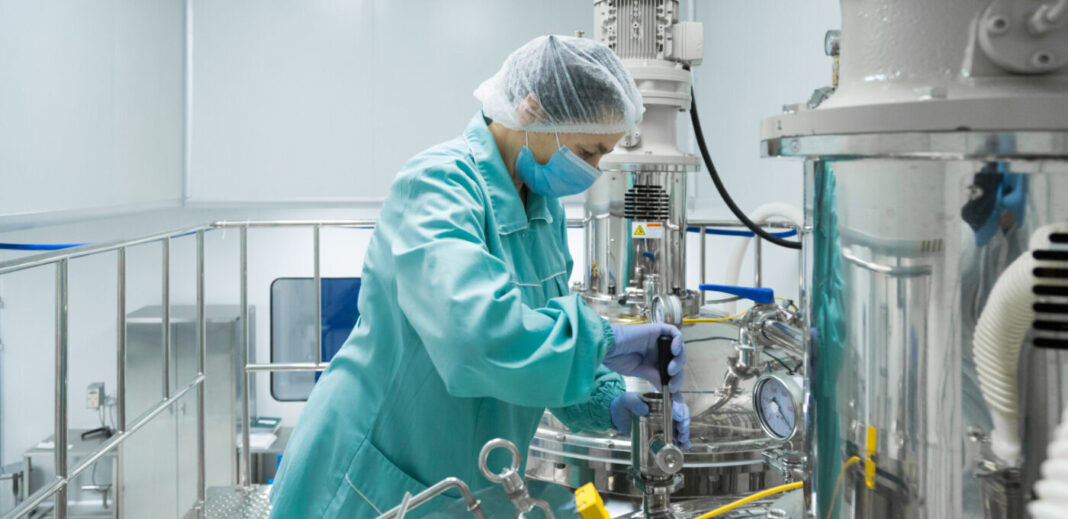The biopharmaceutical industry is built on production methods developed decades ago. The basic approach is to grow cells primed to express the proteins of choice, separate the molecules from the process stream, and then formulate them into products.
While some manufacturing processes have been tweaked and streamlined to increase yields, accelerate production, and reduce costs, most have not changed significantly.
Further improvements will require manufacturers to meld process knowhow with modeling techniques, according to Dénes Zalai, head of project leads at Richter-Helm BioLogics, who says industry has been reluctant to change manufacturing processes.
“Innovative therapies clearly increase the complexity of the applied pharmaceutical products, though the requirements towards safety and efficacy remain the same.” Zalai points out. “Therefore, from a product development and manufacturing point of view, the pharmaceutical industry did not completely change its standard procedures for these novel products.”
For this to happen industry had to accept lower yields and eventually higher manufacturing failure rates, he notes.
But in the future, attitudes will change, according to Zalai, who says “as the number of products and competitors increases, the importance of manufacturing efficiency and process robustness will grow.
“The challenge of process development is to utilize the knowledge already gathered on the manufacturing of such products. This can only happen with effective capturing, distribution, and application of platform knowledge, using industry-wide standards and digital knowledge management tools.”
Zalai and colleagues mapped out such an approach in a recent paper, explaining “Technological platforms are key to effectively utilizing the already existing knowledge for product development and manufacturing.” The authors also stressed the importance of data adding that, “Facilitated process development can be achieved through the digitalization of process design and targeted process characterization in scale-down models.”
Platform knowledge
Implementing a manufacturing approach that combines process understanding and modeling will require careful planning, continues Zalai, citing cell and gene therapy (CGT) manufacturing as an example.
“CGTs are patient-tailored therapies, and their proper—on-time, on-site administration—requires a very solid logistic background,” he tells GEN. “This has direct implications on the manufacturing of these products, requiring flexible timing and the ability to manufacture small batch sized in a cost-effective way.”
The approach also has the potential to help developers shorten timelines.
“Generally, the pharmaceutical industry aims to accelerate product and process development and reduce time-to-market, as demonstrated by the recent COVID-19 pandemic,” says Zali. “To allow this, pharmaceutical manufacturing should be able to produce these complex products based on less product- or process-specific prior knowledge in the manufacturing scale. This should be achieved by utilizing platform knowledge and development data.”






